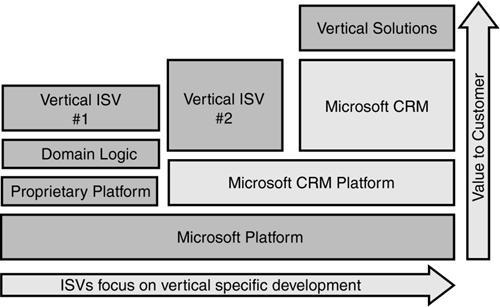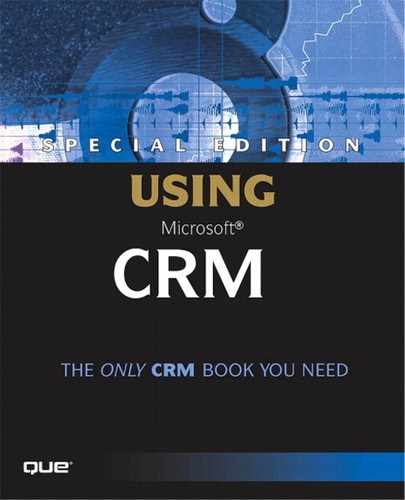Market Timing
Many argue that Microsoft's market timing couldn't have been better. The dot-com bust has beaten down existing small and midmarket CRM players just after those vendors have expended significant resources educating prospective buyers on CRM. At the same time, the all-too-common stories of CRM failure and cost overruns have convinced businesses of the need for a low-cost solution backed by a vendor they know will be around for a while.
Another area where Microsoft's timing was right has to do with its philosophy toward partnership. The hundreds to thousands of small to mid-sized consulting and systems integration firms in the market are always looking for additional products and services to offer to their customers. In recent years, firms such as these have been run off by existing CRM vendors who've had to reclaim every potential revenue source; especially professional services.
In contrast, Microsoft's partner philosophy is worlds away from that of most existing CRM vendors. Microsoft makes it easy for others to promote their software and even proactively recruits companies to take on the product line. In addition to the existing pool of Microsoft Business Solutions partners, Microsoft has announced that it will distribute the Standard edition of Microsoft CRM through the regular Microsoft Certified partners, a group of 20,000–30,000 organizations. This large pool of sales and implementation resources guarantees that Microsoft's CRM product moves quickly into the market.
Microsoft is going to develop a huge presence in the CRM market, and there will be no end to the number or horizontal and vertical solutions built on the Microsoft CRM platform. Here's why:
Microsoft has tremendous resources and is aggressively moving into the CRM space.
Microsoft's email platform has a significant share of the small and medium business market. CRM, by its very nature, needs to integrate tightly with email.
Microsoft's technology is ubiquitous in an industry where system compatibility and market share are extremely important.
Microsoft's large and ever growing group of partners must differentiate themselves through innovative applications of Microsoft's technology.
Microsoft has built its CRM system as a platform upon which third parties can develop any number of horizontal and vertical solutions.
The last bullet point is perhaps the most significant. Microsoft CRM is designed as a platform and Microsoft is dedicated to continually improving that platform so that Independent Software Vendors (ISV) can leverage it to build horizontal and vertical solutions. Refer to Figure 21.1.
Figure 21.1. Microsoft's CRM platform enables developers to focus on vertical specific functionality.

Horizontal solutions are defined as solutions that provide a specific function or set of functions that can be used across industries. Vertical solutions are defined as solutions that provide a set of features specific to an industry, segment, or niche. Prior to the launch of Microsoft CRM, over 40 different third-party Microsoft CRM solutions had been announced by Microsoft ISVs'. That number is steadily increasing.
